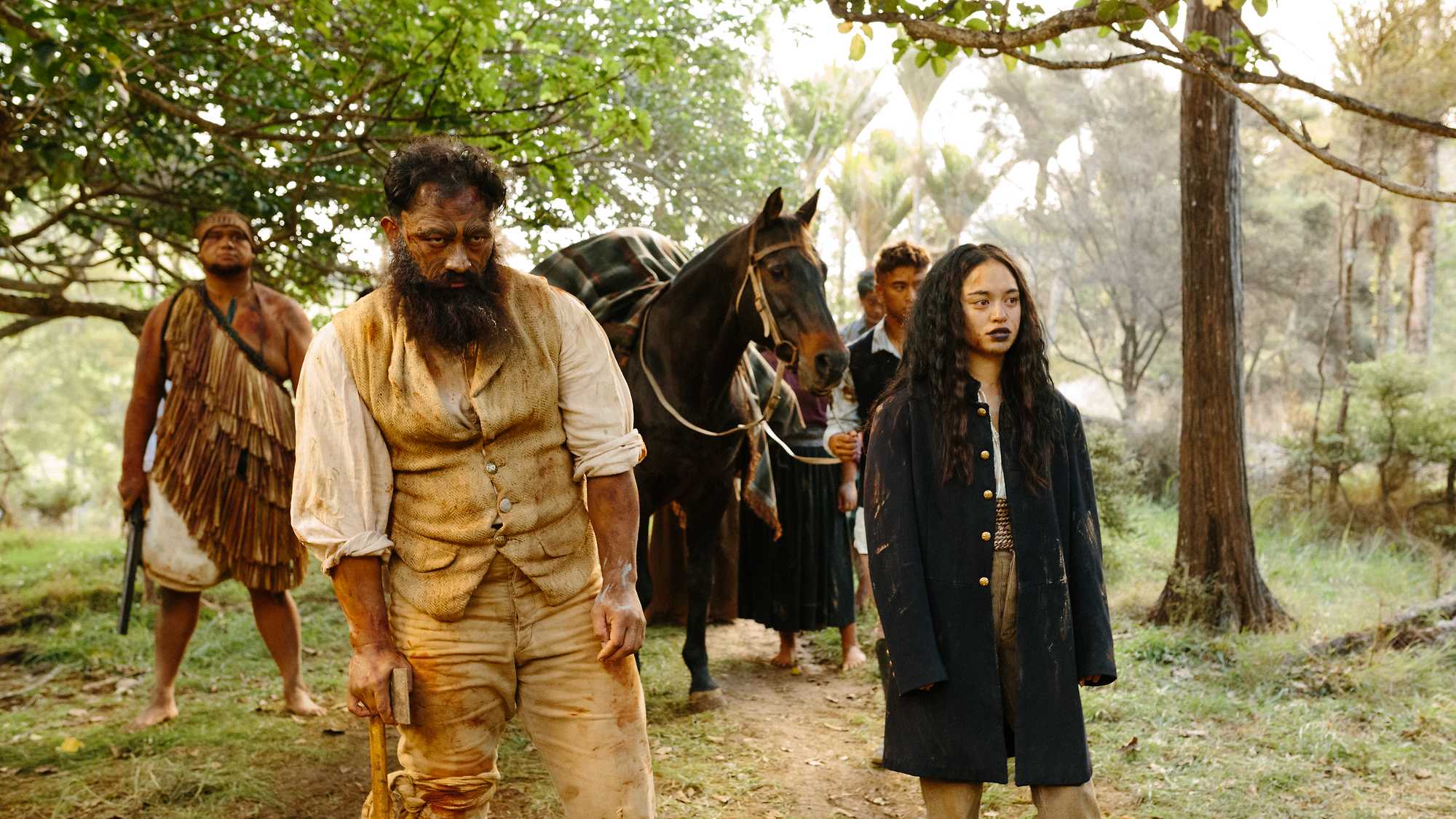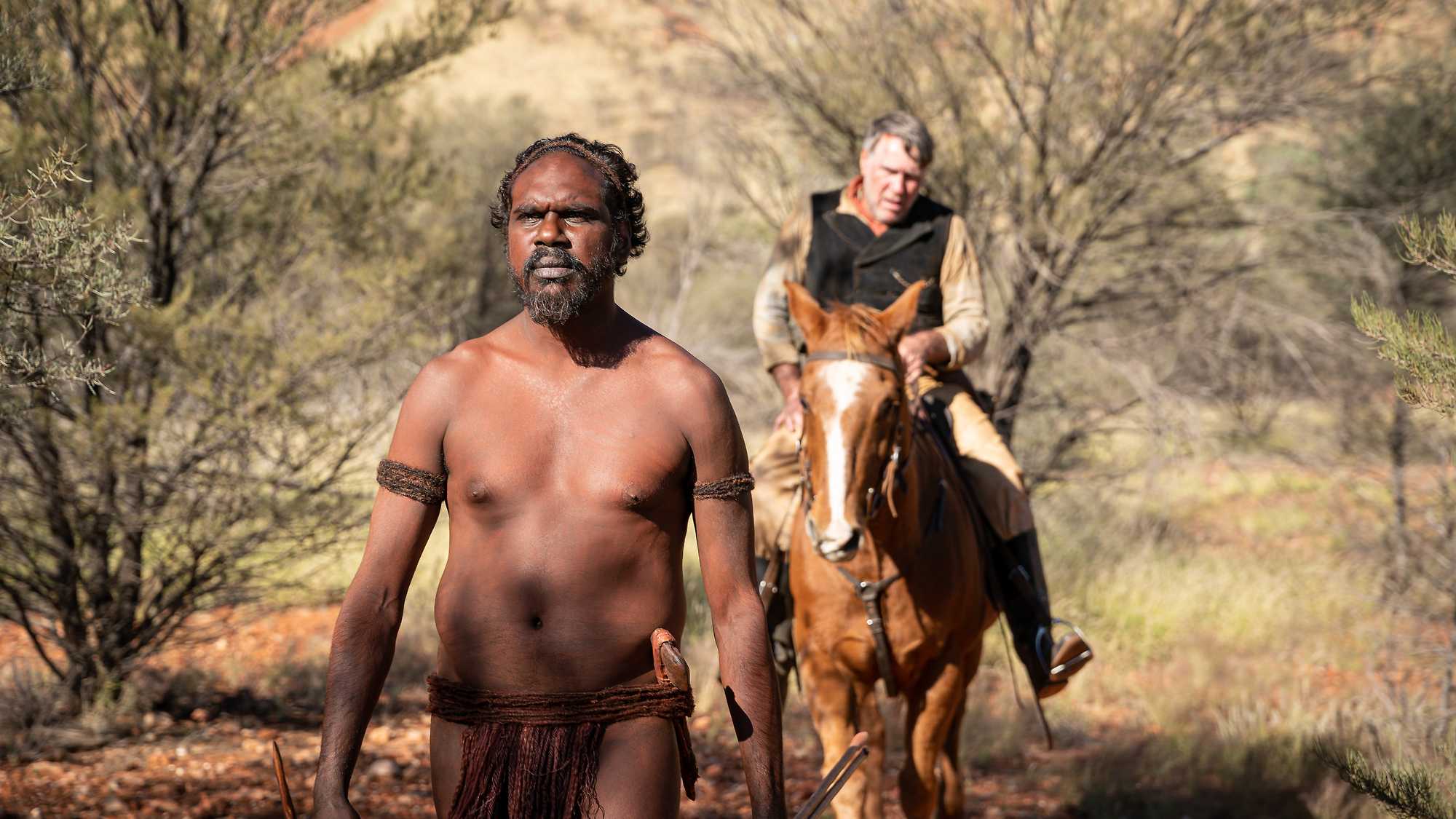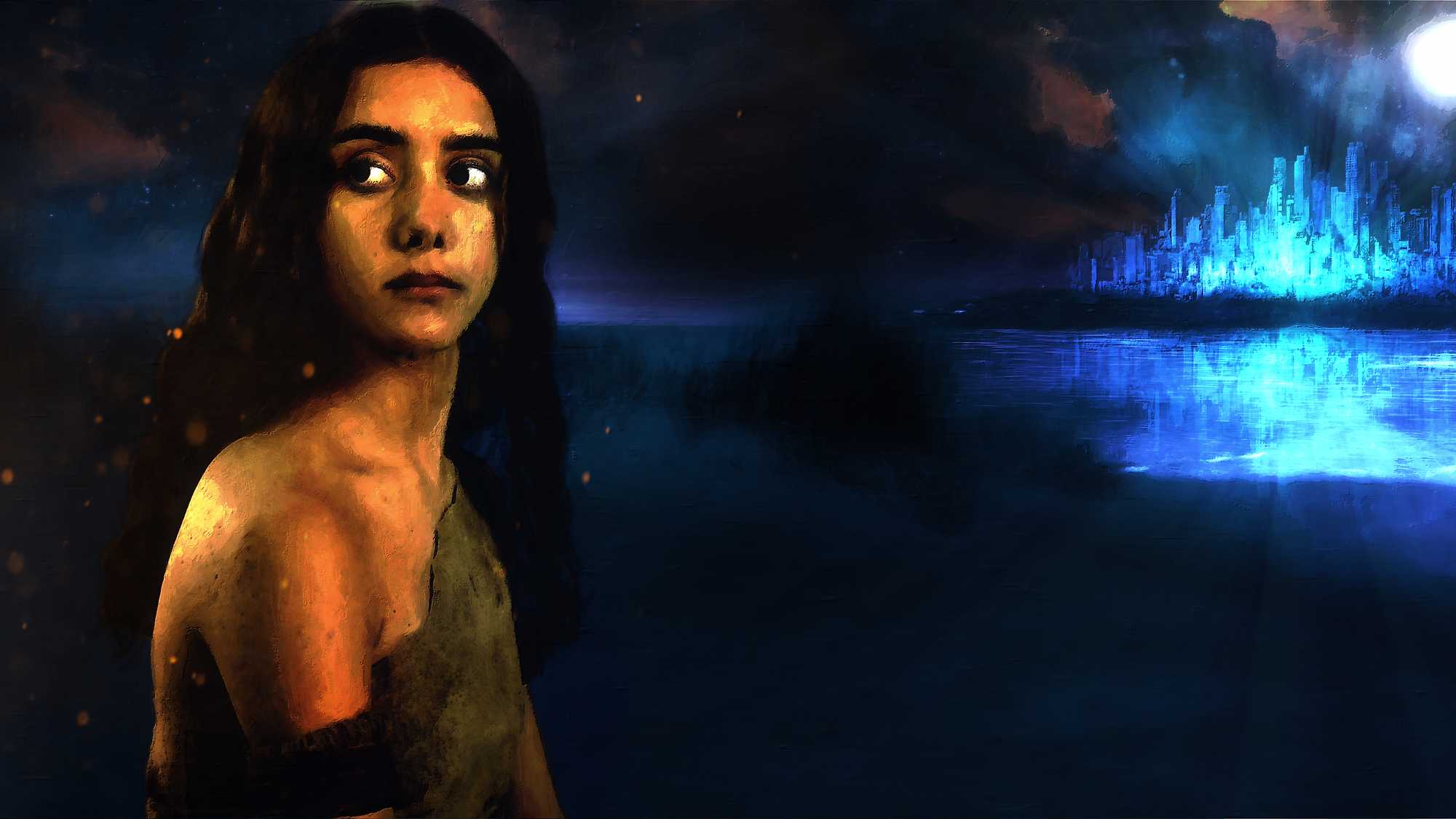To sit, to listen to witness. Starting points for a multi-layered journey bring you to the brink of interaction between cultures, then, now, and what may be. Set in various flashpoints in time.




A thrilling achievement, one that imparts a wonderful sense of growing, expanding and evolving, almost as if it has a life of its own.
Screened as part of NZIFF 2022
We Are Still Here 2022
| Aug 19 | | ||
| Aug 21 | |
Ten indigenous filmmakers from Australia and Aotearoa New Zealand deliver a cinematic response to the anniversary of James Cook landing on our shores and a strident reminder that after 250 years of colonialism; We Are Still Here.
“Awash with animated colours, a painterly opening sequence depicts two women, a mother, and a daughter, in a traditional style watercraft. Next, in 1859, a white man encounters a group of Aboriginal Australian peoples in the Arrernte lands, at Mparntwe (Alice Springs) and surrounding areas of the Central Australia region of the Northern Territory. Sand, fire, stars.
In 1864, Te Urewera was ancient and enduring; the scenery and the Tūhoe people were abundant and formidable. Taking a foothold in these lineages, we make sense of destiny and decisions, compromises and strategy. There is a gun, a hut, a haka, and crucial moments. It shoots.
Another embattlement centres on a New Zealand soldier in Gallipoli, 1915. His fully-fledged frustration reaches a high point in the trench where a bag lands – then flash to more visions of a future city sparkling in the daughter's eyes. The soldier's hongi, the soil is placed in their hands, and a tangi for those lost in battle rings out.
It is Auckland 2274. Climate change and sign language form the environment as megaphone instructions blare and bark in the bleak, post-apocalyptic world: a koro and his moko: Invasion Day, Narrm 2021, graffiti walls, marches, and blood wrists. Springbok Tour Protests, 1981. ‘Leave the savages here,’ one of the cops' snarls.
Mparntwe, 2021, the policing of Aboriginal men and liquor. Ruby, the sassy grog shop assistant, sweetly says, ‘Sorry you had to go through that yesterday, and the day before that, and the day before that.’ Ken replies: ‘It's alright, I have thick skin’.” — Jack Gray
Q&As
Q&As with filmmakers from We Are Still Here will take place following selected screenings.
Australian filmmaker travel is supported by the Australian High Commission and Screen Australia.
